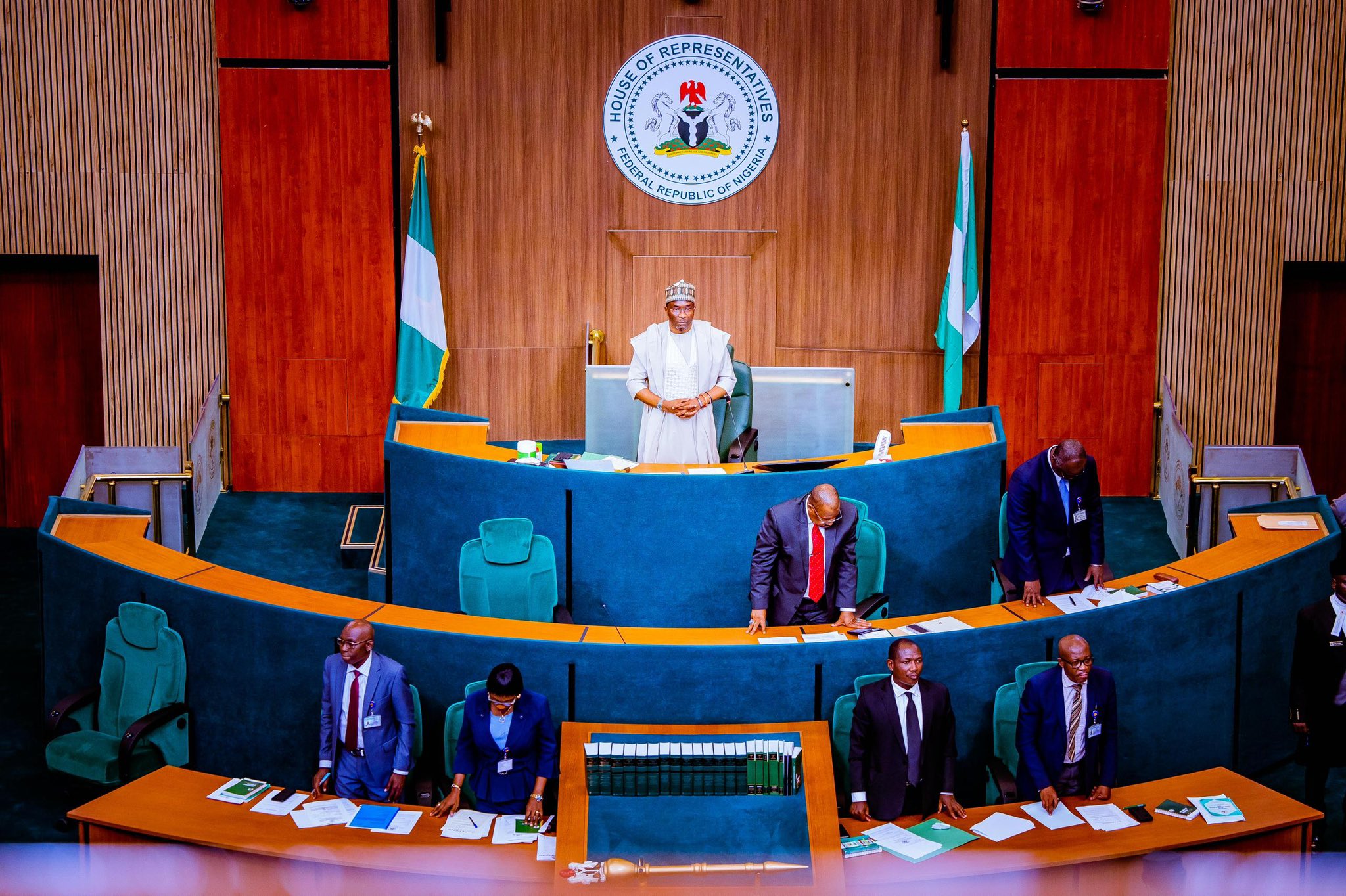House of reps
A bill seeking to bar public and civil servants and their immediate families from using private schools and hospitals has passed the first reading at the house of representatives.
Sponsored by Amobi Ogah, a lawmaker from Abia, the proposed legislation titled, ‘Private Institutions and Health Care Service Providers (Prohibition) Bill, 2025’, scaled its second reading during Tuesday’s plenary.
Speaking with journalists after the plenary, Ogah said the bill intends to “prohibit all public and civil servants, including their immediate family members, from patronising private schools and healthcare services”.
The legislator said this would prevent “conflict of interest, maintain public trust, and ensure high, uncompromised standards and integrity” of public schools and healthcare centres.
Advertisement
The lawmaker recalled that the nation’s foremost politicians, including Ahmadu Bello, Nnamdi Azikiwe, Obafemi Awolowo, and Tafawa Balewa, attended public schools before Nigeria gained independence.
The Abia lawmaker said the “penchant” for patronising private educational institutions and healthcare services “was alien to our democrats of old, but today, it has become an unwholesome trend for both public and civil servants to seek private educational institutions and medical care for themselves and their family members to the detriment” of the nation’s economy.
“In 2024, Nigeria allocated a total of N1.336 trillion to healthcare in the 2024 budget, which is a far cry from the estimated N1.6 trillion or over $1 billion Nigerians spend annually on medical treatments abroad,” the lawmaker said.
Advertisement
The lawmaker said Nigerians “spent at least $29.29 billion on foreign medical expenses” during the eight years of the late former President Muhammadu Buhari’s administration.
He said Nigerians expended $38.17 million on foreign education expenses between January and March 2024 and $218.87 million in 2023.
“The time for us all to tell ourselves the truth is now. We can no longer continue to inflict serious damage to the psyche of Nigerians,” he said.
Ogah said due to the patronage of private schools and healthcare facilities, their public counterparts have “become a shadow of themselves, with little or no infrastructural development and fallen standards of services”.
Advertisement
“We must, of necessity, restore confidence in our government institutions, like public schools and government hospitals, thereby promoting the image of our country in the comity of nations,” he said.
“It does not speak well of our country that our presidents and notable government functionaries are seen to be going abroad for medical treatment and even dying in the process.”
The lawmaker added that the bill would end medical and educational tourism among public and civil servants.
Similar bills failed to scale through in previous assemblies.
Advertisement
In the ninth assembly, a bill seeking to mandate that Nigerian-trained medical and dental practitioners practise for a minimum of five years in the country before being granted a full licence did not see the light of day.
The bill was intended to address the brain drain in the Nigerian health sector.
Advertisement
Similarly, a bill which sought to restrict public officials from foreign medical trips abroad was thrown out at the house of representatives in 2019.
Advertisement











